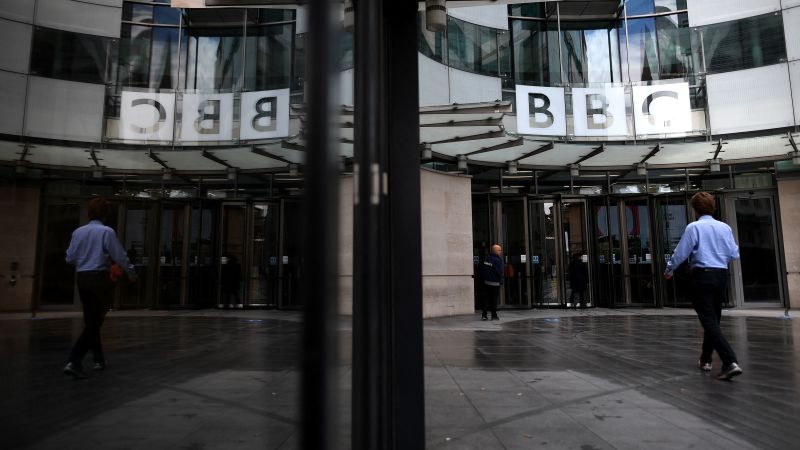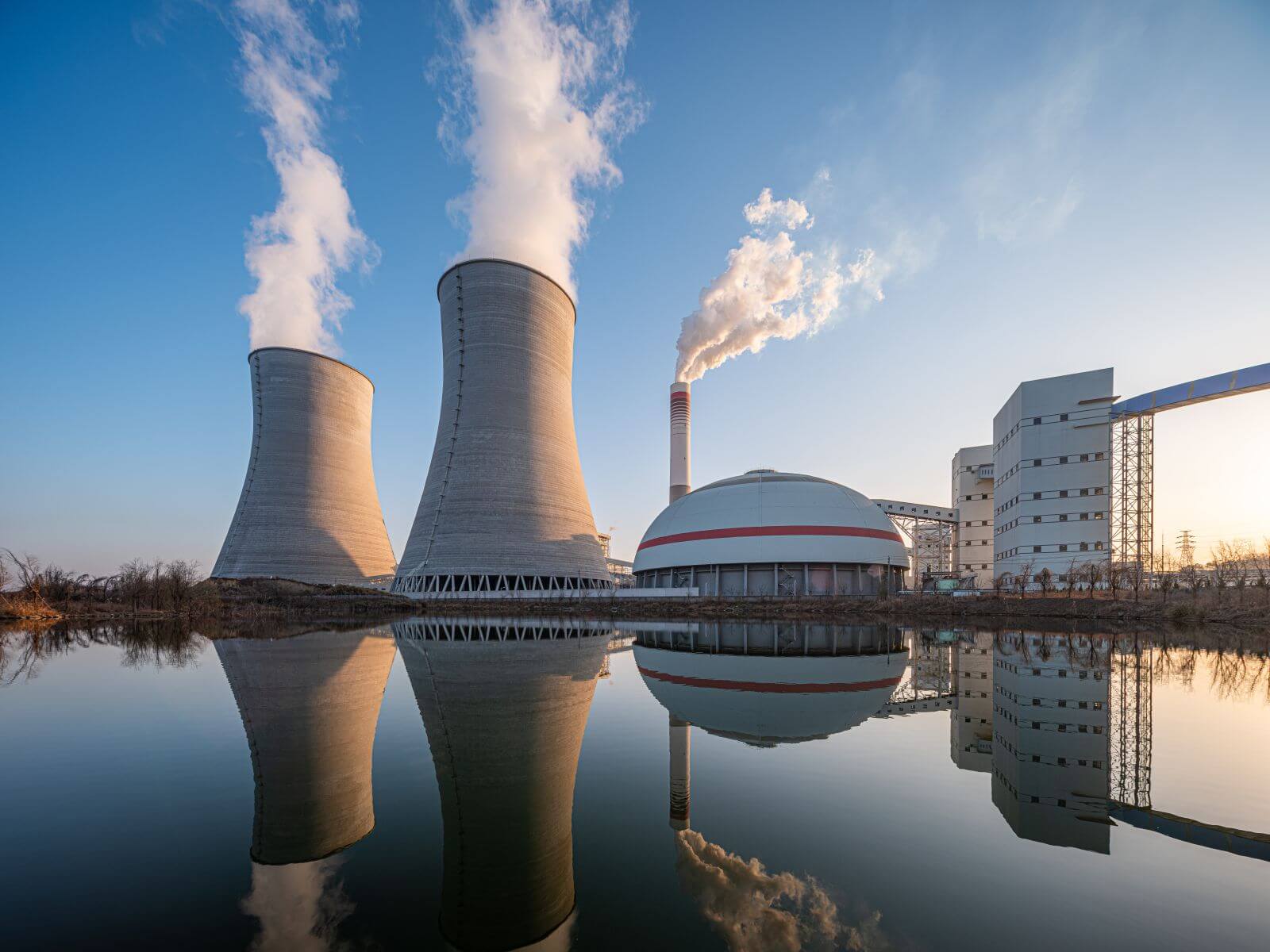The recent resignations of BBC director general Tim Davie and BBC News chief Deborah Turness highlight the complex challenges facing media leaders in the current political climate. Both executives stepped down amid a wave of criticism and controversy surrounding the BBC, particularly related to a misleading edit in a documentary about former President Donald Trump. This incident, coupled with ongoing scrutiny over the BBC’s editorial standards, has created a tumultuous environment for the broadcaster.
In his resignation statement, Davie described the atmosphere as “febrile,” a term meaning feverish, which encapsulates the intense scrutiny the BBC has faced in recent months. The controversy over the documentary, titled “Trump: A Second Chance?”, involved an edit that altered the context of Trump’s remarks during the January 6, 2021, Capitol riot. Portions of his speech were combined in a way that suggested he called for violence alongside his supporters. This edit sparked a backlash, especially as the documentary aired shortly before the 2024 US presidential election.
The criticism of the BBC is not limited to this isolated incident. The broadcaster has been under fire for its coverage of various issues, including the ongoing conflict in Gaza. As the UK government reviews the BBC’s Royal Charter, which governs its funding and operations, the future of the license-fee model is increasingly in question. Currently, British households pay £174.50 (approximately $230) annually for BBC services, a system that some political leaders argue is outdated in the digital age.
Davie acknowledged the personal and professional toll of leading the corporation during such challenging times. He stated, “I have been reflecting on the very intense personal and professional demands of managing this role over many years in these febrile times.” His resignation appears to be part of a larger narrative about the pressures faced by media organizations in a politically charged environment.
The BBC’s commitment to impartiality has been a central theme in its ongoing battles with critics. Earlier in 2023, it faced backlash after removing the documentary “Gaza: How to Survive a Warzone” from its streaming platform. This decision stemmed from concerns over its narrator, the son of a Hamas official, which violated BBC editorial guidelines.
As Davie and Turness tendered their resignations, BBC Radio 4 host Nick Robinson captured the sentiment within the organization. He emphasized that concerns about editorial standards coincide with a broader political campaign aimed at undermining the BBC. “Both things are happening at the same time,” Robinson noted, reflecting the complex dynamics at play.
The resignation of Davie and Turness has not gone unnoticed, particularly by Trump and his supporters, who have framed the situation as a victory. In a post on Truth Social, Trump claimed that the BBC executives were “caught ‘doctoring’ my very good (PERFECT!) speech of January 6th.” Trump’s comments, along with those from White House press secretary Karoline Leavitt, further fueled the media firestorm against the BBC.
As the BBC navigates this turbulent period, it must contend with both internal and external pressures that threaten its reputation and operational framework. The future of the organization will depend on how it addresses these challenges while maintaining its commitment to impartial journalism amidst a rapidly evolving media landscape.
The political climate surrounding the BBC serves as a reflection of broader societal tensions, illustrating the precarious balance media organizations must strike between public accountability and editorial independence.







